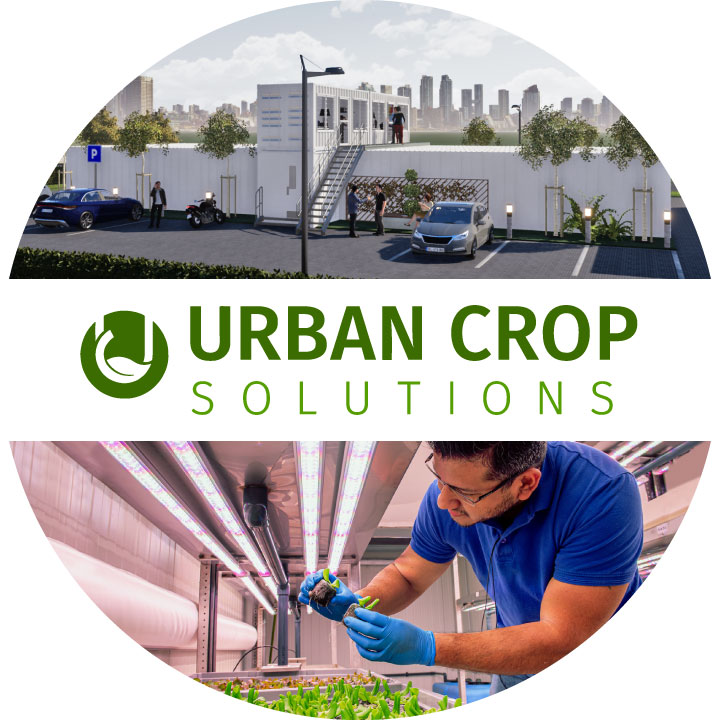Hello everyone,
The food that we eat today comes from a lot of places around the world. This way of producing our food isn't sustainable enough in long term. With the growing world population, a lot of extra food production is going to be needed. This food can be produced in countries around the entire world, but it can also be grown close to the cities where the food will be consumed.
Nowadays many people move to an urban environment, rather than stay in rural areas. This is mostly the case because almost all of the jobs now are located in the big cities. As a result these cities expand themselves but not only in size, also in hight. A lot of the cities that exist today have a lot of high rise building at their centre. Because of the grow of cities and the population density a lot of food is needed to feed all the people that live in there without the land that is needed to grow al this food. This is why many developed countries import food from all around the world to feed their people, but this food need to be transported first. The transportation of all of the food that travels around the world contributes to almost 1/4th of all the carbon emissions around the world.
The problem to this solution? Growing crops close to where it is needed, near the cities. The only problem is that there is not enough space to grow all of the food, but a solutions has been found for this, vertical farms. Vertical farms can use up less space while producing way more food than traditional farms. These vertical farms can be used in combination with hydroponics farms, the growing of plants in water instead of soil, to be very cost efficient while still yielding a lot off food.
These vertical farms can be placed anywhere in or around cities where there is space left: parks, parking lots, but also abandoned warehouses. These abandoned places can be filled or replaced with farms that can together produce a lot of food.
Vertical farms are almost always very labour efficient, only a few people are needed to run one, so it will also help the potential unemployment in cities, but not a lot. Another positive thing about a farm like this is that they can run year-round because of the controlled climates that is used in them.
Urban Crop solutions is a Belgium company that sells scalable, city-based, vertical plant factories that can be placed anywhere if there is some space left. The factories have to ability to mimic any climate to make plant grow possible every time of the year. They also have very optimised light systems that makes sure that every plant gets light 100% of the time for maximum crop yield. Water that is given to the plants is recycled as much as possible, so that nothing is wasted.
An example of the work of Urban Crop Solutions is a banana nursery located at the university of Leuven in Belgium. Here they are working on grow new banana plants in climates that are more extreme compared to the climate nowadays on earth. After the plants are grown they are checked for resistances to the potential climate change and if any trees look promising, they are transferred to the African highlands to ensure the future of the local farmers there.
